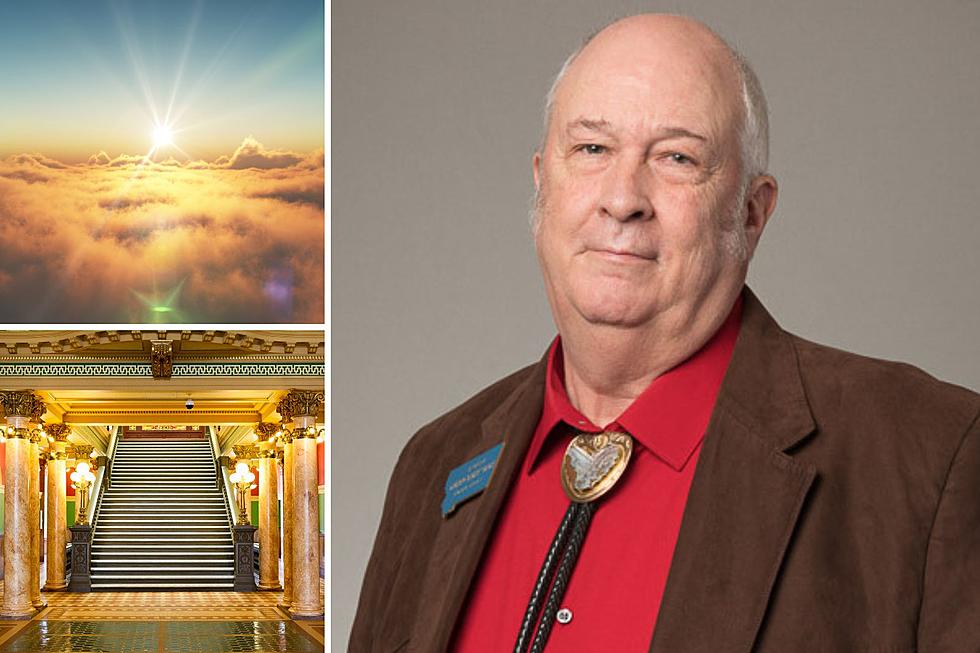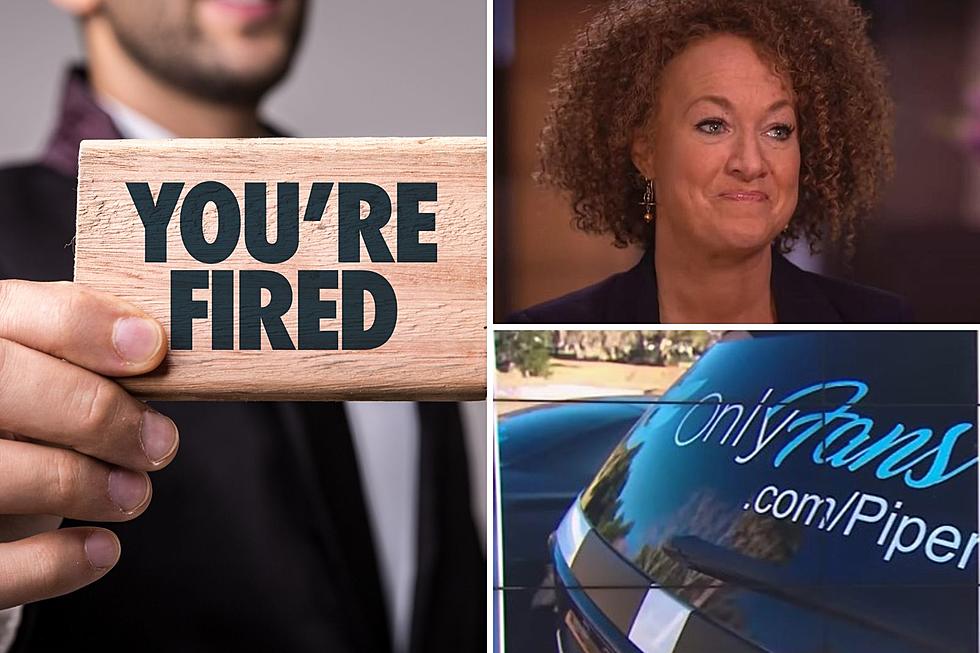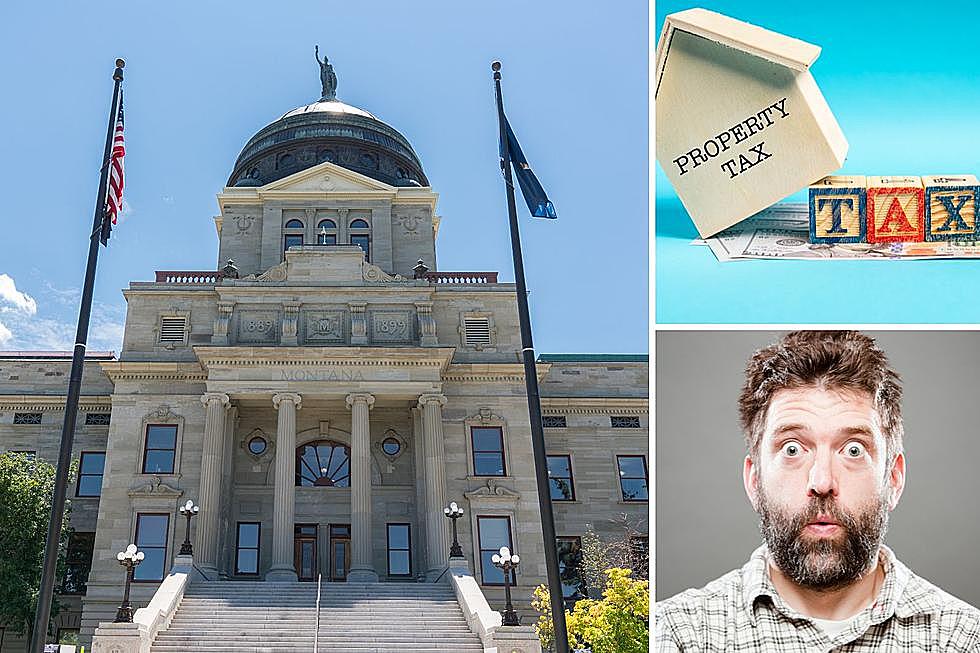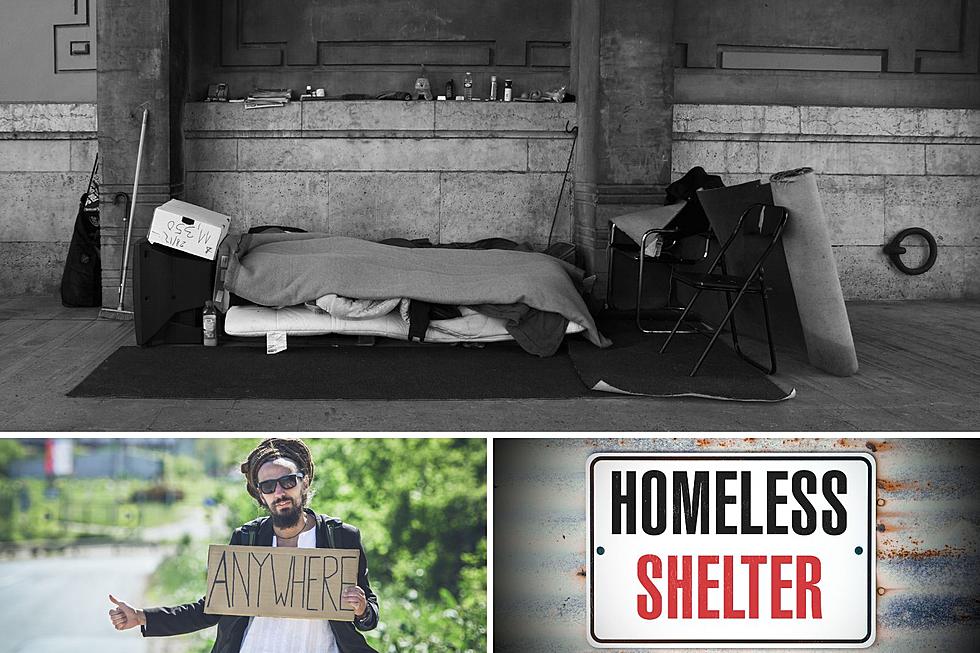
Missoula Representative Mike Hopkins on Marijuana Legislation
Missoula Representative Mike Hopkins of House District 92 in Missoula appeared on the KGVO Talk Back show on Thursday and was asked immediately on the progress of legislation to administrate the recently passed Initiative I-190, to legalize the sale of recreational marijuana.
Hopkins began by looking back at the medical marijuana rollout in 2004.
“Back in 2004, we had our first experience with a medical marijuana initiative and when that came through, it was pretty much the Wild West,” said Hopkins. “You know, the legislature didn't come in to implement a strong regulatory regime to try to rein it in, make sure that it was about medicine and instead it just turned into somebody ringing the dinner bell and saying ‘come and get it.’”
Hopkins then fast forwarded to the present and spoke of the effort to responsibly enact the marijuana initiative, which was passed by a large majority of Montana voters.
“We really did try to think about every single circumstance where every single lesson from our fun train wreck of a process with the medical side of the equation, and I think that I think folks are going to have probably one of the best ‘adult use’ use regulatory regimes in the United States,” he said.
One listener asked if some of the marijuana revenues could be targeted toward helping law enforcement deal with the issue.
“There is a portion of that is being put towards law enforcement, taking the low hanging fruit with the money that we know that we're going to be seeing come in,” he said. “For instance when police officers are bringing out drug enforcement dogs as they search for marijuana; that's obviously going to change. So we needed to provide law enforcement with a mechanism to retrain or get newly trained canines.”
After hearing criticism of Colorado’s rollout of legalized marijuana, Hopkins said the legislature is doing all it can to abide by the wishes of the voters, while still having a strong administrative system.
“The basic idea is we're going to have a very controlled first two year rollout, during which time the revenue stream is going to actually come alive,” he said. “As we come back into 2023 we're going to have actual numbers to be able to appropriate off of, and then we're going to be dealing with the law enforcement piece. The problem with doing it right now, considering that the revenue stream doesn't exist, is that you can't attach ongoing revenue that you don't know what it's going to be to ongoing programs with ongoing expenses. That's a horrible way to budget.”
Hopkins said the legislature is due to wrap up the session within the next two weeks.
LOOK: The most expensive weather and climate disasters in recent decades
More From Montana Talks









